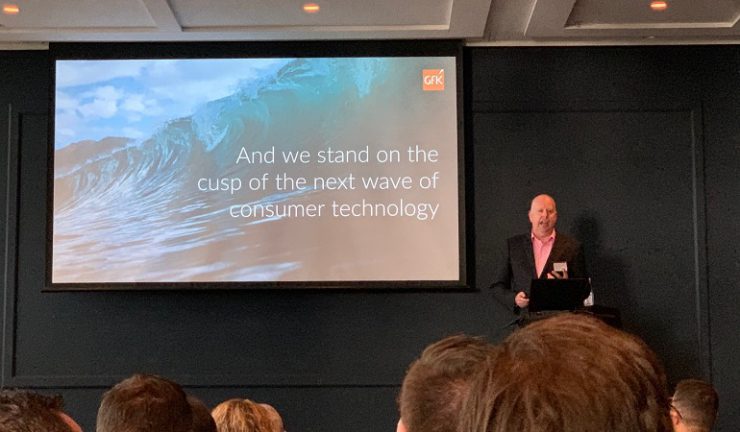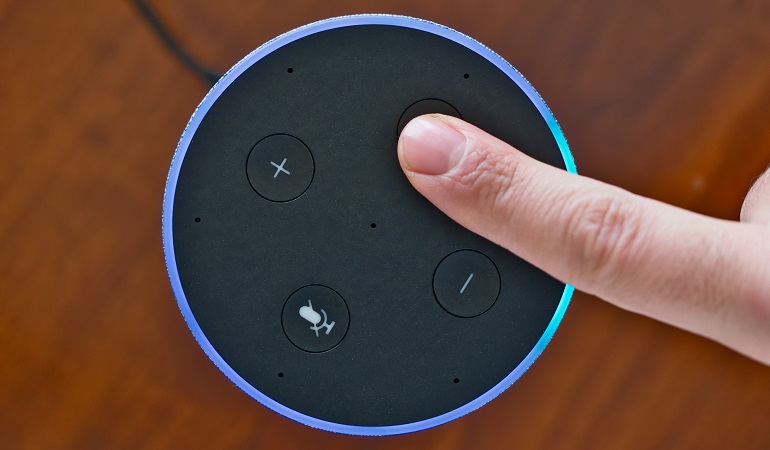According to latest GfK survey.
Smart devices accounted for 27% of tech sales in Australia in the year to July 2019, totaling $2 billion, according to the GfK Australia POS database.
Australian consumers aware of smart technologies believe they have a significant impact on their lives (69%) but for the full AI-powered Internet of Things (IoT) future to be embraced, brands need to gain the trust of consumers, with 56% agreeing that it is important for devices such as digital home assistants – Google Home and Amazon Alexa – to protect their privacy, the recent GfK Australian Consumer IoT Readiness Study has shown.
GfK head of Melbourne, Greg Sampson said the ongoing success of a brand is tied strongly to its level of trust, which is set to become even more multi-faceted with the coming age of consumer IoT.
“Honesty, transparency, fairness and reputation are key elements of building trust in a brand. The true promise of this connected and smart future is not just a central control hub to lock and unlock doors or turn on the lights. It is also the AI-powered digital assistant that will anticipate needs based on the data it collects to manage everyday life,” he said.
“For example, automatically delivering milk when required or changing phone plans to a more cost-effective option as soon as usage dictates. However, consumers must be willing to exchange their data for this to be achieved. That is where the trust game is going to change for brands wanting to participate in this ecosystem. There will be expectations for the data to be used to enhance consumer experiences in a personalised, relevant and non-intrusive way.”

GfK’s Greg Sampson presenting the survey findings at an exclusive event in Sydney
The GfK Readiness Study surveyed 1,000 consumers to gain insights into the IoT market across seven categories – smart entertainment, smart domestic appliances, smart travel, smart health, smart security and control, smart energy and lighting, as well as digital home assistants – and 34 specific consumer devices.
There were four key elements to the study – familiarity (awareness and understanding), interest (consumer acceptance), ownership (consumer buy-in) and integration in day-to-day life (the new normal).
From these elements, the study derived a Consumer IoT Readiness Score of 54 of a possible 100 with 0 being not ready or aware at all and 100 being fully prepared and engaged.
Cost and privacy were named as key barriers to greater readiness at 29% and 20% respectively. This was followed by security (17%), lack of integration (11%) and ‘would not meet my needs’ (10%).
Interestingly, in the wake of the 5G rollout, ‘internet would not be good enough’ was the next barrier.
As for digital home assistants, the readiness score was 55 of a possible 100, with 14% Australian home ownership, and many smart and connected features yet to be embraced.
The survey found that more than half of digital home assistant owners use their device to play music (61%), to check news, sport or weather (53%) and to ask questions (53%). Only 19% of consumers use their device to buy products.
The survey found that 50% of consumers are excited to try out smart and connected technology, but 55% believe technology has eroded the quality of human relationships.

